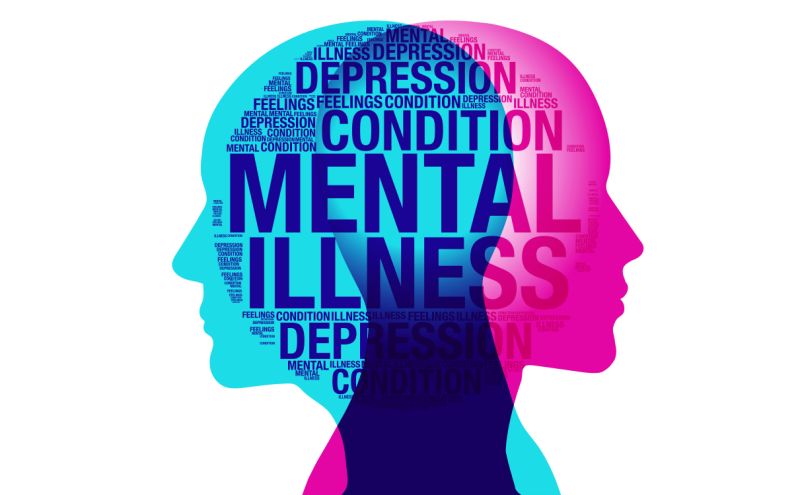The Mandate Health Empowerment Initiative (MHEI), an NGO, has expressed worry over the ill-treatment meted on mentally deranged, and particularly criticised the violation of their fundamental human rights by mental health service providers.
The Founder of MHEI, Dr Ameh Abba, made the views known at a news conference on Sunday in Abuja.
“From the demeaning report by Human Rights Watch, thousands of people with mental health conditions are harboured in inhuman conditions.
“The report revealed that Nigeria mental health patients are chained and locked up in 28 facilities in eight states and the Federal Capital Territory visited between August 2018 and September 2019.
“It indicated that the treatment by mental health services providers was unacceptable as it denied their rights as Nigerians.”
The official said that the lack of effective and efficient mental health services in Nigeria has had serious socio-economic and productivity consequences.
According to him, it has increased risk of low productivity, high rate of depression, stress, anxiety, suicide as well as inappropriate detention of people.
He quoted the report as observing that it was “wrong to subject anyone to torture or inhuman treatment and nobody shall be held in slavery or servitude.
“In some cases, Policemen arrest people with actual or perceived mental health conditions and send them to government-run rehabilitation centres.
“They are shackled for months or years with iron chains, around one or both ankles, to heavy objects or to other detainees in the rehabilitation centres.
“They are confined in overcrowded, unhygienic conditions, and are sometimes forced to sleep, eat, and defecate within the same confined place.
“Many are physically and emotionally abused, and forced to take treatments.
“In some cases, staff admitted administering Electroconvulsive Therapy (ECT) to patients without their consent.’’
Abba regretted that the Federal Government was yet to abolish the Lunacy Act of 1958 which allowed the detaining of people with mental health issues without their consent.
“Nigeria, as of today, lacks the required human and adequate resources needed to support affected persons in mental health institutions.
“People with mental health issues are usually detained without providing medical, therapeutic and psychosocial treatments and supports,” he said.
Ameh further disclosed that the World Health Organisation (WHO), in 2017, reported an estimated 30 per cent of the Nigerian population to be suffering from mental disorders.
“A very significant number considering our estimated population of over 200 million,” he said.
He called for a comprehensive review of how mental health service was provided in Nigeria and also called for the passage of the Mental Health Bill to address some of the challenges.
In addition, Abba appealed to the Federal Ministry of Health to ensure that traditional and religious leaders were sensitised on how to recognise signs and symptoms of mental illness.
He called for appropriate mental health first-aid and “lay counselling” approach at the primary care level.
“We seek for community advocacy on understanding issues of mental health and mental health services, a pivotal tool in eradicating the discrimination and stigmatisation of persons with mental illness is along with ethnoreligious settings.
“We are also canvassing for the capacity building of traditional and religious mental health rehabilitation centres and service providers in providing needed first-hand mental health support and referrals,” he said.
Similarly, Dr Tunde Ojo, Head of Department, Mental Health, University of Abuja, told NAN that issues related to mental health required a holistic approach.
According to him, Universal Health Coverage (UHC) cannot be achieved if mental health is not adequately addressed.
Ojo urged stakeholders and development partners to support the Federal Government to address the challenges encountered in treating mentally deranged patients.




 Premier League
Premier League